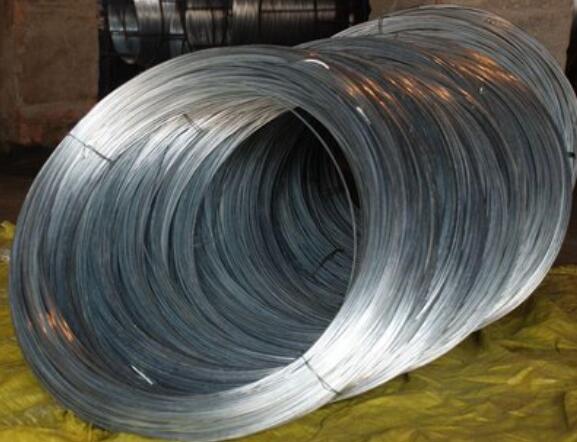Understanding Aluminum Common Nails A Comprehensive Guide
Aluminum common nails have gained increased popularity in various construction and DIY projects due to their unique properties and benefits. As versatile fasteners, these nails are particularly useful in many applications, including roofing, siding, and general carpentry. This article delves into the characteristics, advantages, and disadvantages of using aluminum common nails, along with tips on their proper application.
What Are Aluminum Common Nails?
Aluminum common nails are fasteners made primarily of aluminum, a lightweight and corrosion-resistant metal. They are designed with a smooth shaft and a flat head, making them easy to drive in and providing a flat surface for finished appearances. Common nails are distinguished from other types of nails by their length, thickness, and intended use, and aluminum variants are typically available in sizes ranging from 1 inch to 3 1/2 inches or more.
Advantages of Aluminum Common Nails
1. Corrosion Resistance One of the standout features of aluminum common nails is their exceptional corrosion resistance. Unlike steel nails, which can rust and weaken when exposed to moisture, aluminum does not corrode easily, making it an ideal choice for outdoor projects, especially in coastal areas with high humidity.
2. Lightweight Aluminum is significantly lighter than other metals, which makes aluminum nails easy to handle and transport. This property is particularly beneficial for large projects where large quantities of nails are required.
3. Strength and Durability Despite their lightweight nature, aluminum nails offer good tensile strength. They can hold their own against various stresses and are durable enough to be used in demanding applications.
4. Non-Magnetic Aluminum nails are non-magnetic, making them suitable for use in environments where metal detection is critical. This feature is particularly important in medical or security settings where ferrous metals must be avoided.
5. Ease of Use Aluminum common nails drive in smoothly, reduce the risk of splitting wood, and can be easily removed if necessary. This quality simplifies both installation and repair processes.
Disadvantages of Aluminum Common Nails
While aluminum common nails boast numerous advantages, they also have limitations
1. Lower Holding Power Aluminum has a lower shear strength compared to other materials like steel. This means that aluminum nails may not be suitable for high-stress applications or where heavy loads are involved, as they could pull out more easily than their steel counterparts.
aluminum common nails

2. Cost Generally, aluminum nails can be more expensive than traditional steel nails. For large projects, the cost can add up significantly, leading some professionals to opt for less expensive alternatives.
3. Brittleness Aluminum can be brittle under certain conditions. Extreme temperatures, in particular, can affect its structural integrity, leading to the risk of breaking or bending during installation.
Applications of Aluminum Common Nails
Aluminum common nails are commonly used in several applications, including
- Roofing Their corrosion resistance makes them ideal for roofing projects since they can withstand exposure to water and harsh weather conditions. - Siding When installing aluminum or vinyl siding, aluminum nails provide a complementary choice that avoids rust stains on the exterior.
- Decking For outdoor decks, aluminum nails prevent rusting and staining of the wood surface, enhancing durability and aesthetics.
Tips for Using Aluminum Common Nails
To ensure optimal performance and longevity of aluminum common nails, consider the following tips
- Pre-drill When Necessary In hard or dense materials, pre-drilling may be advisable to avoid splitting, particularly with larger nails.
- Use the Right Size Selecting the appropriate length and gauge is crucial for achieving proper holding power and structural integrity, depending on the materials being fastened.
- Avoid Overdriving Drive nails flush with the surface, as overdriving can reduce holding power and compromise the nail’s integrity.
Conclusion
Aluminum common nails represent a practical choice for a variety of construction and DIY projects, especially in environments where moisture is prevalent. While they possess unique advantages such as corrosion resistance and lightweight design, it's essential to understand their limitations. By following best practices for use and installation, users can harness the benefits of aluminum common nails, ensuring reliable and durable results in their construction endeavors. Whether you’re a professional contractor or a DIY enthusiast, aluminum common nails can be an effective addition to your toolkit, enhancing both the functionality and longevity of your projects.

















